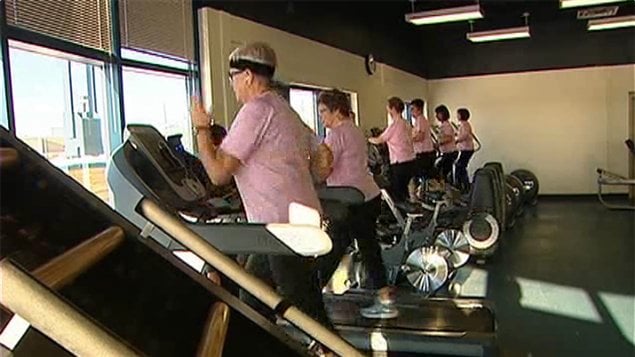People are notoriously bad at accurately reporting what they eat and how much they exercise, so scientists should stop basing their research on self-reporting, says an article in the International Journal of Obesity. And people should take with a grain of salt , news about study results based on this kind of inaccurate information, says Dr. Arya Sharma, professor and chair in obesity at the University of Alberta.

Most people ‘are just guessing’
Health professionals have taken to having patients use food journals to record their food intake and electronic devices to more accurately record physical activity. This counters several problems: that people tend to report habits in a more favourable light than a realistic one, they forget what they ate and are bad at estimating quantities of food.
“Most people are just guessing,” says Sharma. “And there’s quite a bit of discrepancy between what people tell you they do in terms of eating and physical activity, and what they actually eating or actually getting in terms of physical activity when you measure that using more sophisticated techniques.
Many studies ‘quite flawed’
“As a result of that, much of the obesity literature and much of the nutritional literature that’s out there is quite flawed.” Sharma says policy decisions based on such data can be unreliable and while scientists are using new technology to try to upgrade the collecting of data, he says they also need to stop comparing new results to old, flawed results.
For the consumer the message is be careful what you read. Reports about the effects of certain foods or exercise may be inaccurate because of the way the data were collected.








For reasons beyond our control, and for an undetermined period of time, our comment section is now closed. However, our social networks remain open to your contributions.